B2B marketing automation has become a staple for scaling outreach and streamlining workflows, but it often lacks the personal context needed to convert leads into relationships. 85% of B2B marketers believe they are not making the most of their marketing automation tools. And 70% of marketers are dissatisfied with it. That’s where relationship intelligence steps in.
You can automate emails, track clicks, and score leads, but do you know who actually holds influence in the buying committee? Without relationship intelligence, your automation is working blind.
This draws attention to the core idea: relationship intelligence adds the human layer that marketing automation alone can’t capture, mapping real connections, trust levels, and engagement history. It sets the stage for presenting integration as the next evolution in B2B success. Let’s explore how integrating the concept can unlock new value.
What is Marketing Automation?
Businesses can send automated messages to customers across email, web, social media and text using marketing automation. The technology sends messages based on sets of instructions called workflows. Workflows can be set up using templates, from scratch or during a campaign to improve results.
Also Read: When Content Marketing Stops Working: Early Warning Signs of Saturation and What to Do
Marketing and sales teams use automation tools to make their lives easier. These tools run online campaigns and handle sales tasks. The goal? Save time and make more money. A strategic objective, according to nearly two-thirds of CFOs, is automating tasks that are now performed by employees.
By automating repetitive tasks, employees can focus on bigger problems. It also reduces human error. 79% of companies utilize marketing automation in one form or another.
So, What’s Relationship Intelligence?

Relationship intelligence is all about using data from personal and work interactions to build better connections. It means paying attention to how people communicate and how networks (like teams or organisations) are connected.
With these insights, you can strengthen relationships with customers, prospects or partners. It helps you stay in the know, be more thoughtful and create long term value.
Key Parts of Relationship Intelligence
To get better at relationship intelligence, you need to keep track of a few important things:
● Communication History
Keep a record of emails, calls, meetings, basically all past conversations. This helps you know where things left off and keeps communication smooth.
● Contact Insights
Collect details about the people you talk to. Things like their job, interests, or social profiles. It makes your conversations more personal and relevant.
● Organizational Mapping
Know who’s who in a company. This helps you spot decision-makers and figure out where to focus your energy.
● Engagement Metrics
Check how often and how deeply you’re interacting with someone. If things slow down, it might be time to reconnect.
● Shared Connections
Look for mutual contacts who can help you get introduced, build trust, or just keep the relationship strong.
The Case for Integration
Marketing automation has changed the game for B2B companies. It helps with email workflows, lead scoring and CRM triggers. Marketers who use automation are 46% more likely to say their approach is working.
But here’s the thing, it often works in isolation. These tools track clicks and form fills, sure. But they miss the bigger picture: the relationships that actually drive decisions.
That’s where relationship intelligence comes in. It pulls data from emails, calendars, CRM entries and communication patterns. This shows you who knows who, how strong those relationships are and who really influences the buying process.
When you add relationship intelligence to your marketing automation tools everything clicks into place. You start to see the buyer journey more clearly. And marketing gets to go deeper than just tracking surface level activity.
With this integration you can get insights like:
- How recent and strong your team’s interactions with a contact are
- Who the hidden influencers in the account might be
- Which internal champions could help move things along faster
In the end this helps both marketing and sales teams focus better. Right messaging can get to the right audience. That too, at the right time and with the right messaging. That means better conversion rates and stronger ROI.
Key Benefits of Integration
1. Smarter Lead Prioritization
Relationship intelligence adds depth to traditional lead scoring. It looks at things like how strong the connection is, how often there’s been engagement, and who’s influencing decisions. That way, you’re not just chasing form fills—you’re going after leads that actually matter.
2. Hyper-Personalized Outreach
You’ll know who in your company has interacted with a contact, and when. That makes it easier to tailor your messaging. And when messages are personal and well-timed, people respond better.
3. Faster Sales Cycles
If strong relationships already exist, there’s no need for cold outreach. You can go straight to warm contacts. This speeds things up and boosts your win rate.
4. Better Account-Based Marketing (ABM)
Relationship intelligence gives your ABM efforts a boost. It helps you find real decision-makers and key influencers. It also reveals new contacts you may have missed.
5. Stronger Sales and Marketing Alignment
Both teams can see the same relationship data. Marketing can better support sales with relevant content and timing. Sales can give live feedback on which connections are actually strong.
Building and Maintaining Relationship Intelligence

Developing strong relationship intelligence doesn’t happen overnight. It takes consistent effort and the right approach. Relationship building, 91% of B2B CMOs, is essential to success. Here are some practical tips to help you stay on track:
Track Every Interaction
Log everything in one place. This may include your calls, emails, and meetings. Having everything in a central system gives you a complete view of each relationship. This helps prevent anything from falling through the cracks.
Leverage Shared Connections
Make use of your mutual contacts if you have any. Building reputation and confidence can be greatly aided by a kind introduction or a reliable referral.
Monitor Engagement Patterns
Check the frequency of your interactions with important contacts. It could be time to get back in touch before the relationship cools off. This can happen if contact has slowed down.
Integrate with Your CRM
Make sure your relationship tools are linked with your CRM. Managing, monitoring, and taking action are made simpler when all pertinent data is kept in one location.
Put Insights Into Action
Insights are only useful if you use them. Personalize your outreach, follow up at the right time, and adjust your approach based on what the data is telling you. That’s how strong relationships are built.
Future Outlook
Relationship intelligence in B2B marketing will grow fast as companies want to go deeper, data-driven, with buyers. In the near future we can expect:
Predictive Relationship Scoring: AI will show not just current relationship strength but also which contacts are most likely to convert or influence deals.
Smarter Campaign Triggers: Campaigns will fire based on real-time changes in relationship activity, new introductions or drop-offs in engagement.
Unified Customer Views: Marketing, sales and customer success teams will have one single, relationship-aware view of each account to orchestrate personalized outreach.
More ABM and RevOps: Relationship intelligence will be used more in account-based marketing and revenue operations to target the right people at the right time.
As B2B buying gets more complex companies that get relationship intelligence early will have a big advantage in building trust, navigating buying groups and closing deals faster.
Final Verdict
Relationship intelligence is more than just who you’ve spoken to and when. It’s about turning those interactions into real relationships. By using data from every touchpoint you can improve retention. This builds trust and creates new opportunities. Connection intelligence is key to long term success whether you’re managing client relationships, negotiating deals or networking in your industry.








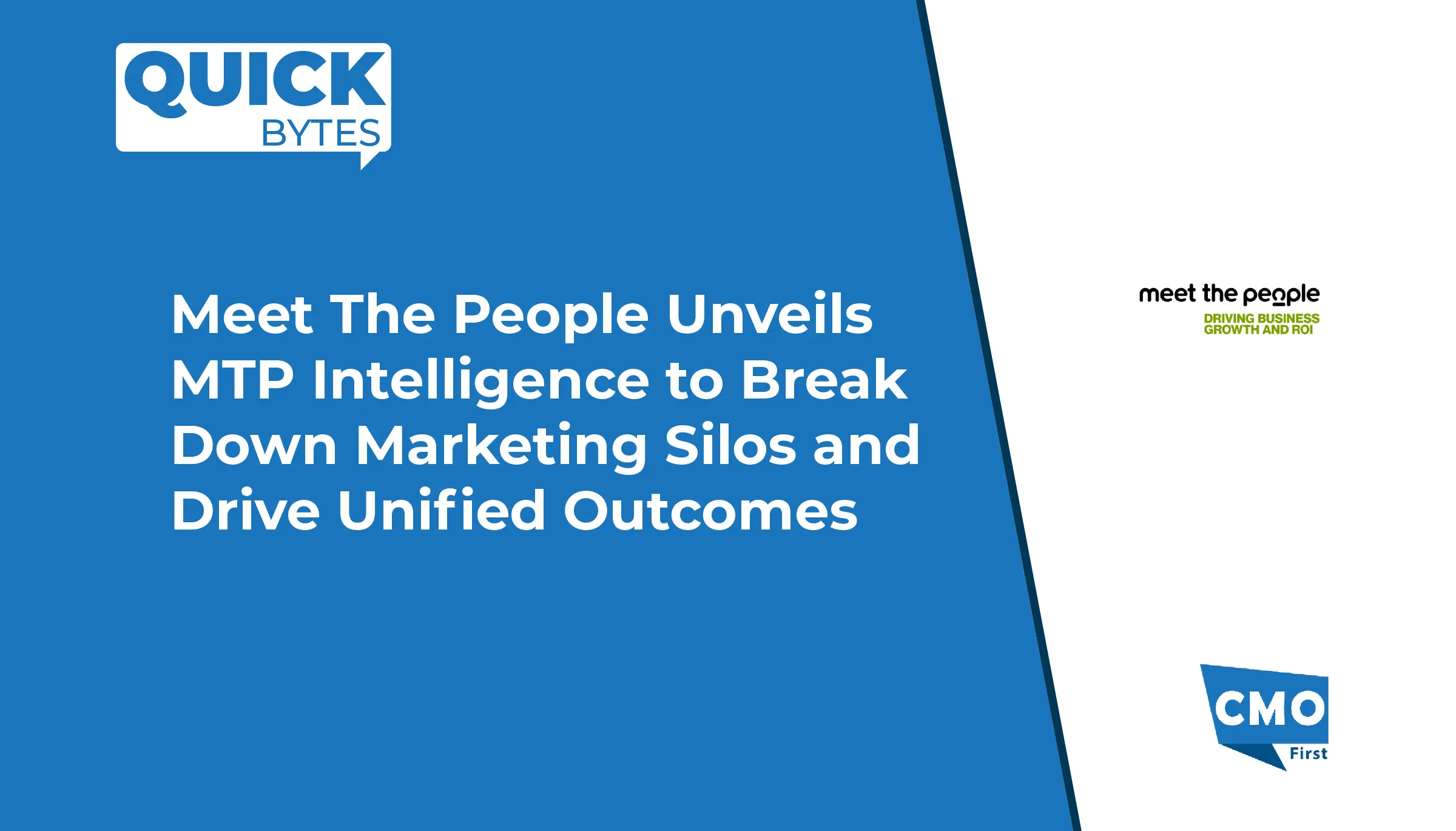

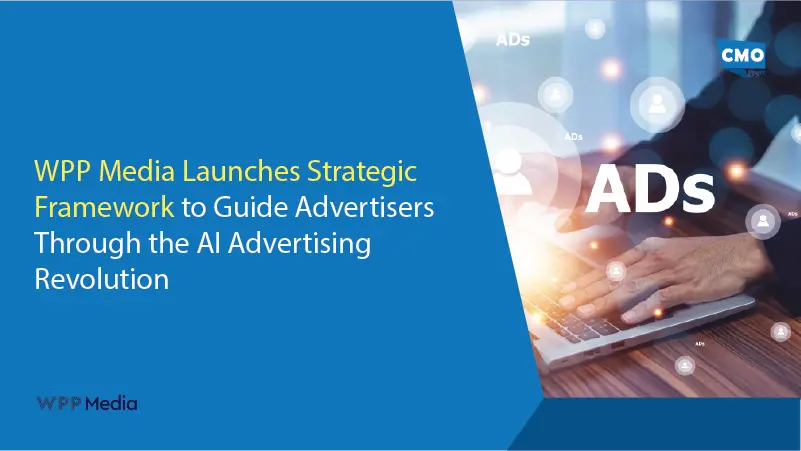
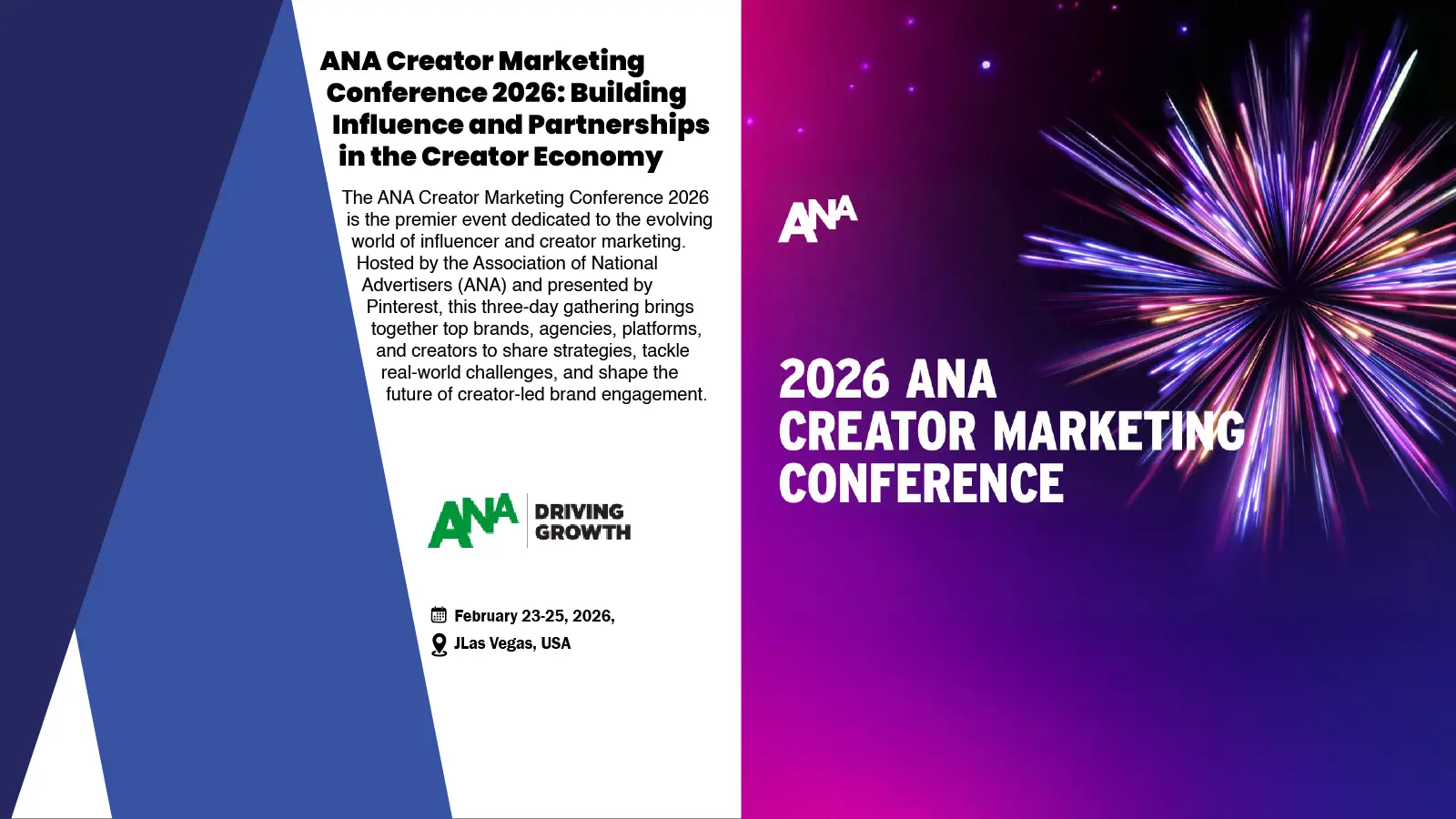
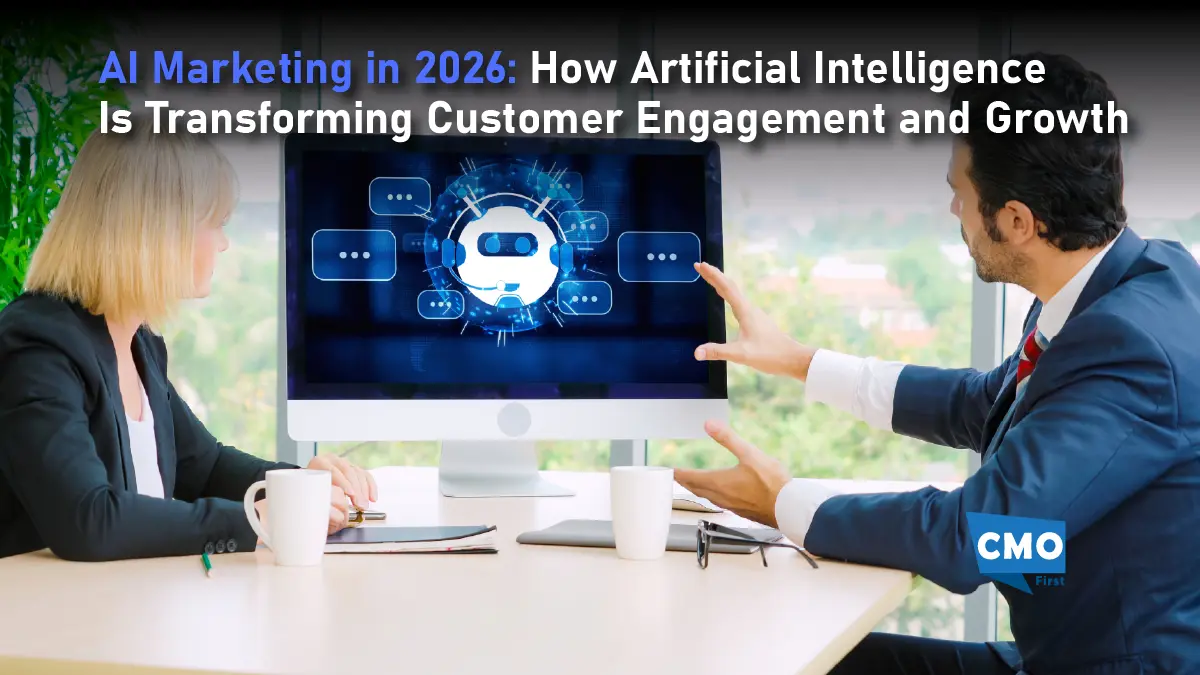
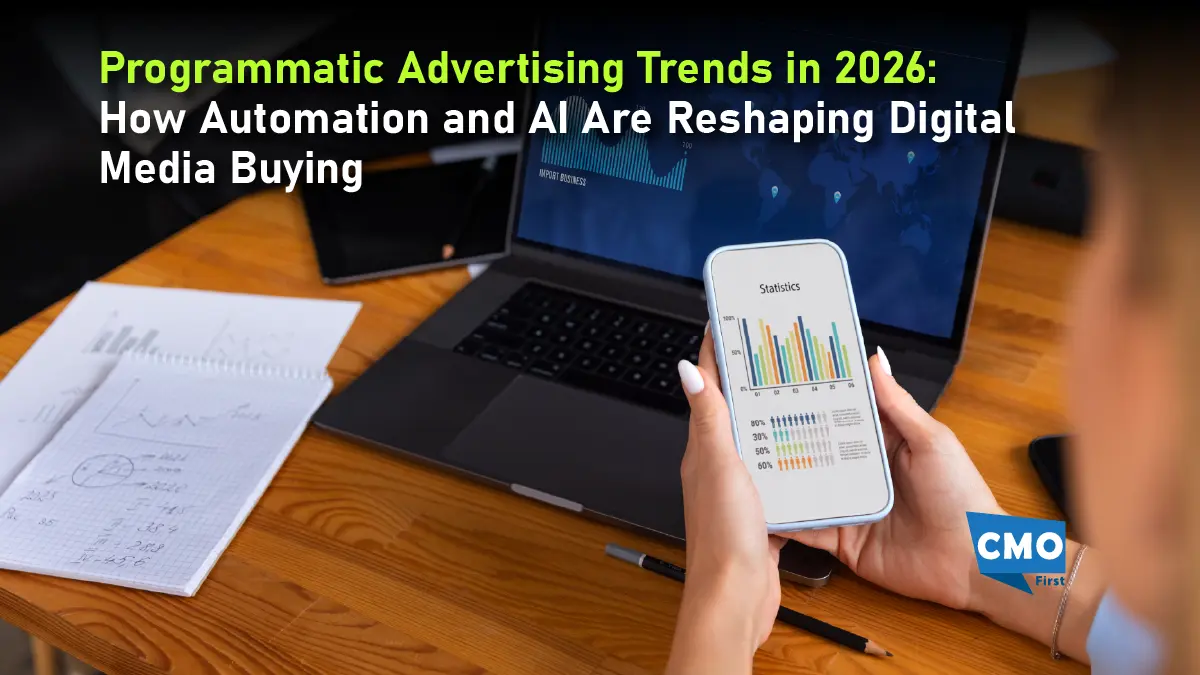

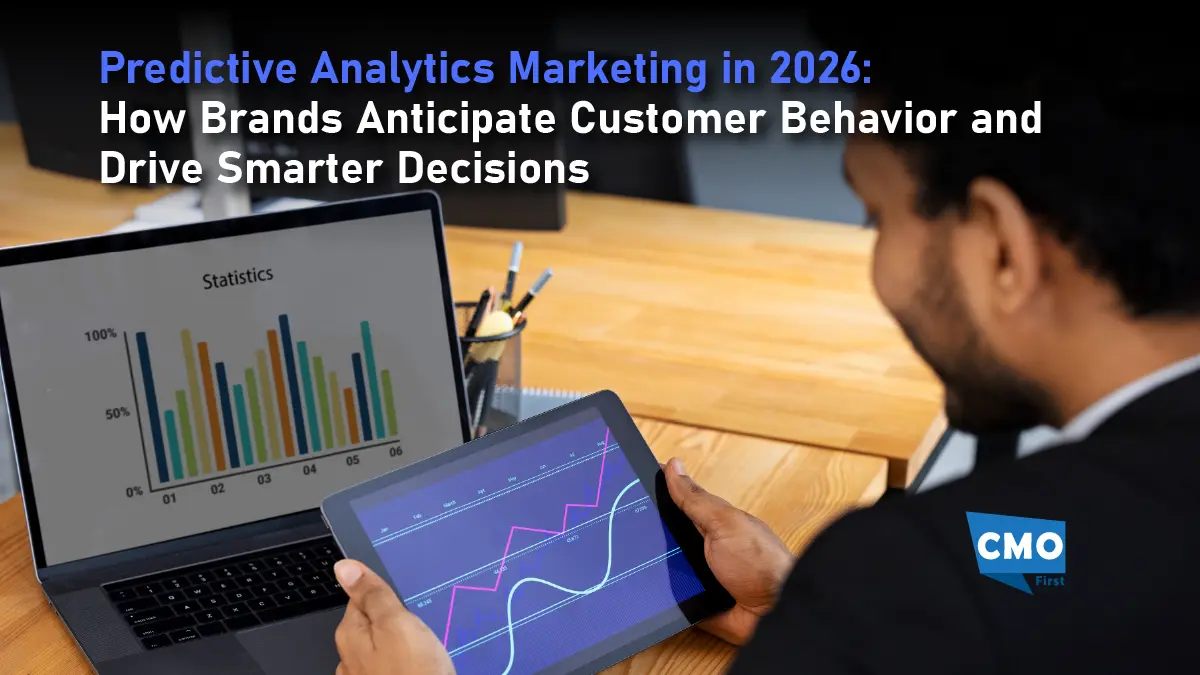
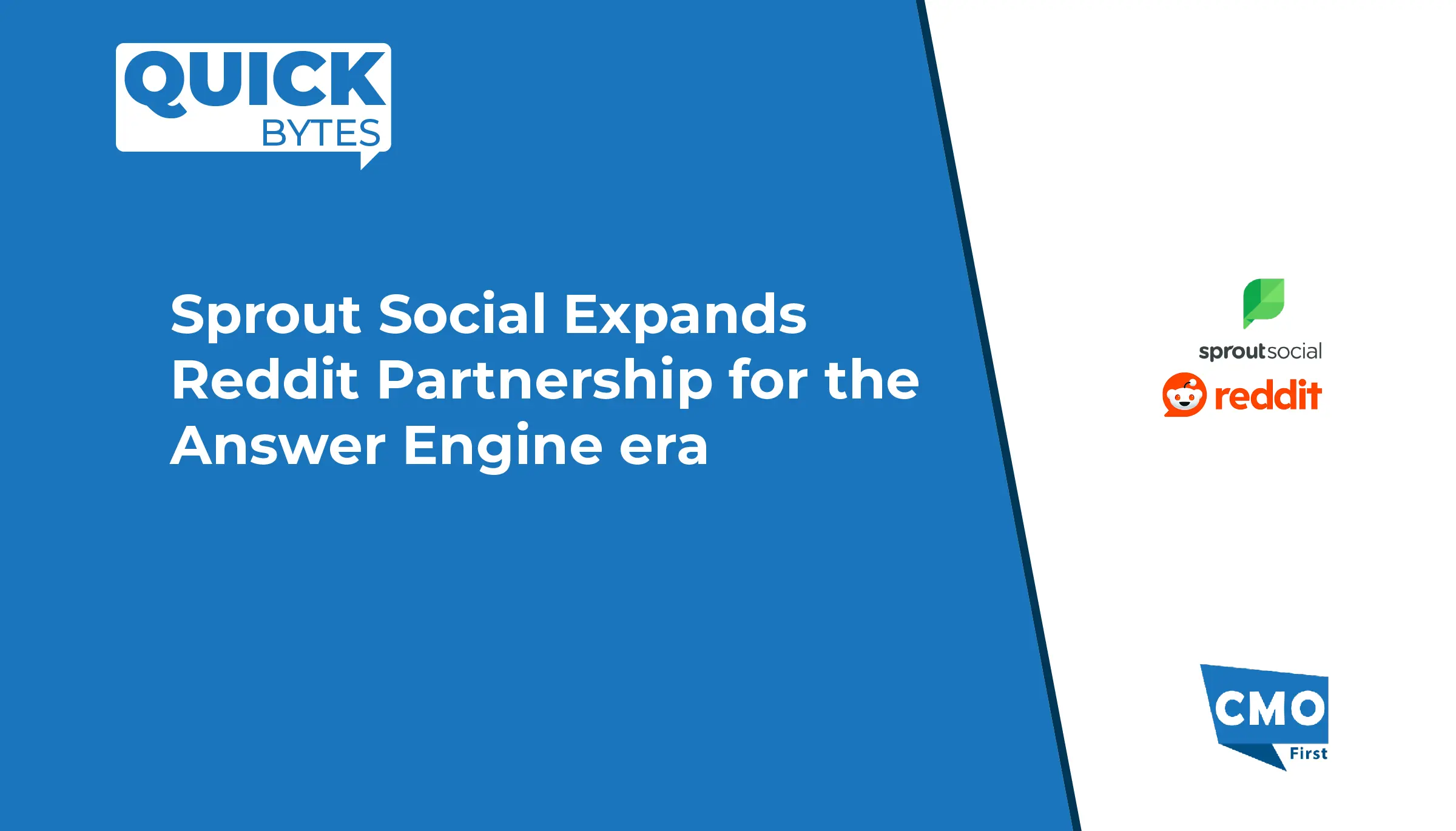

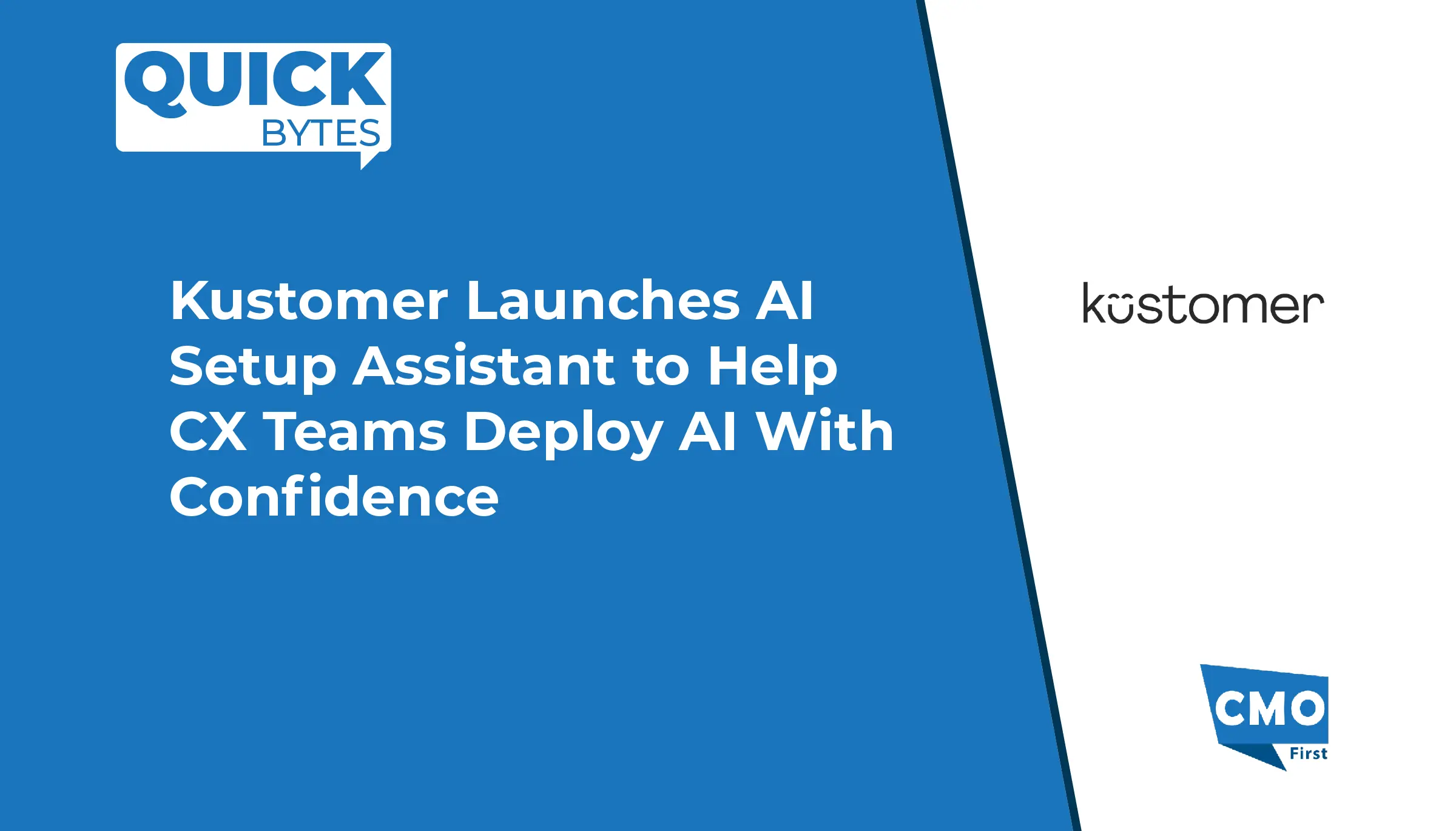
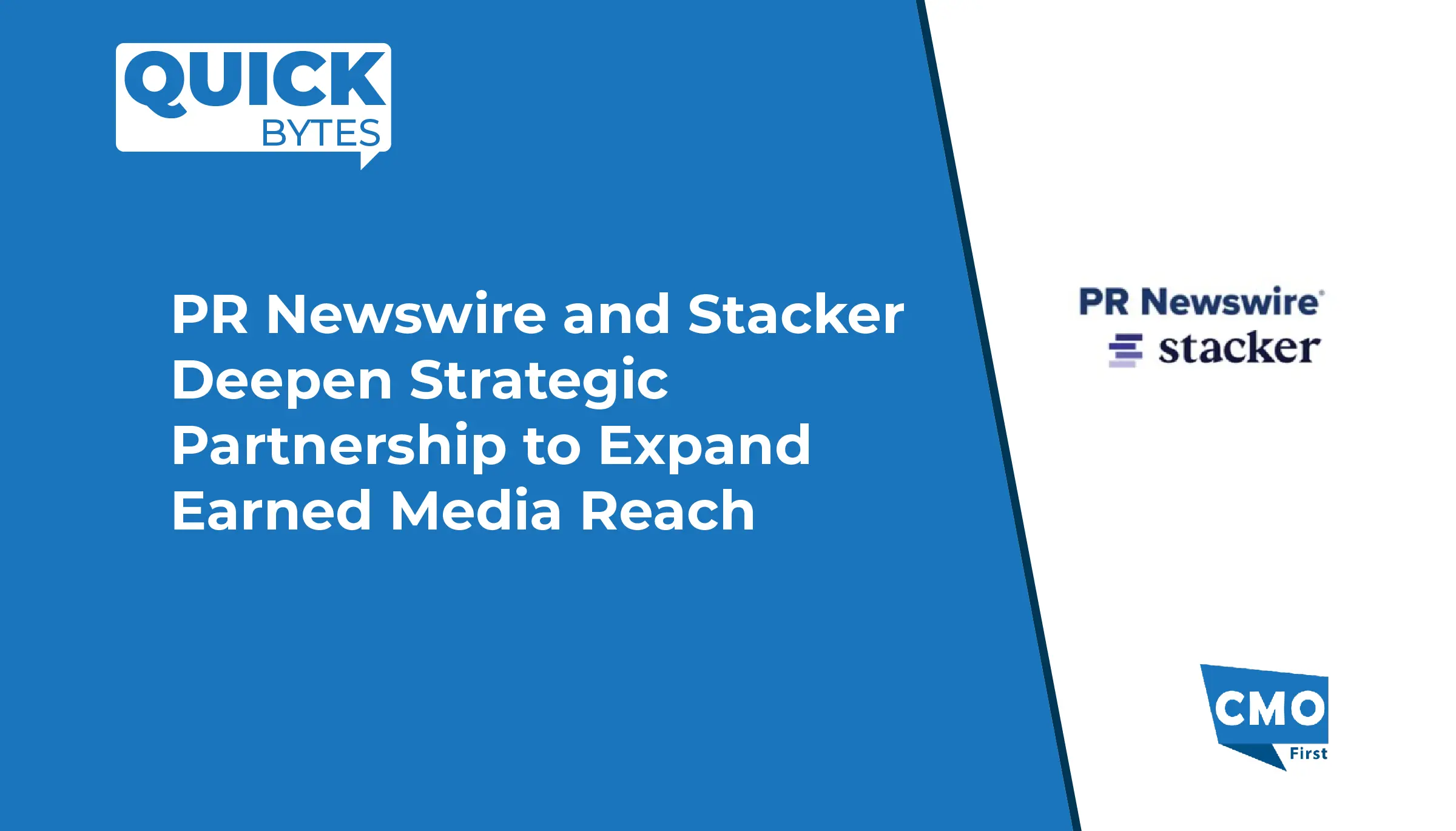





Leave a Reply